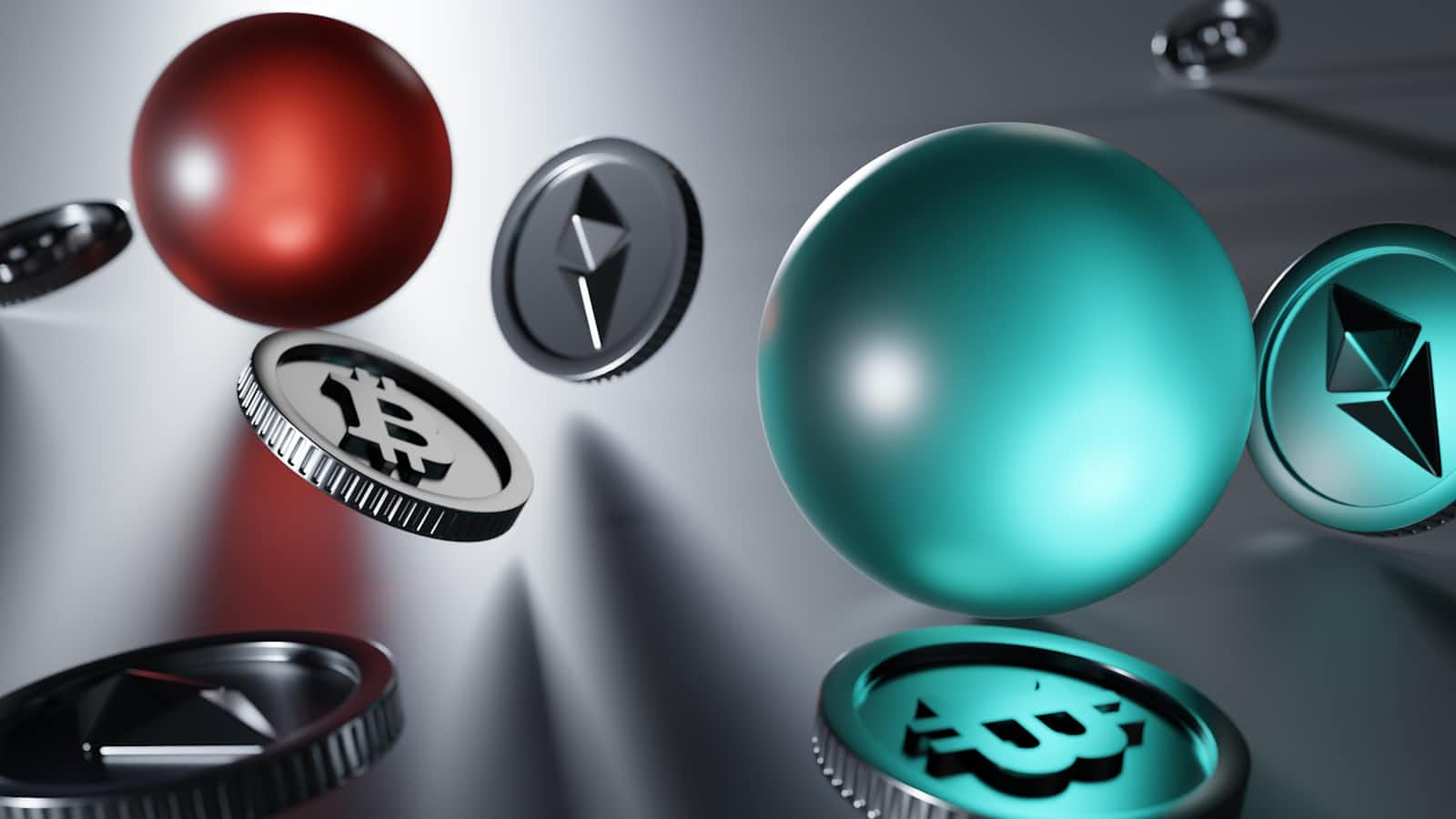Understanding Decentralized Autonomous Organizations (DAOs) in the Blockchain Ecosystem
 Joe Wanga
Joe Wanga
Introduction
Good governance mechanisms are key to any blockchain ecosystem. They let stakeholders come together and contribute to the organization's state. A Decentralized Autonomous Organization (DAO) serves as one of these governance bodies. It works autonomously—no central authority is needed.
Traditional organizations? They have rigid hierarchical structures. But DAOs sport a flat hierarchy, scrapping member rankings and giving everyone similar decision-making power. This decentralized setup is perfect for handling the complexities of blockchain governance systems involving many stakeholders.
DAOs offer “trustless” systems. They cut out the need for human intervention or centralized coordination. How? Through self-executing digital agreements, also known as smart contracts, that spell out the organization’s rules. These smart contracts enforce rules and keep track of transactions, making DAOs more impartial than traditional organizations.
The Role of DAO Governing Bodies: Token-Based Membership & Voting
DAOs rely on tokens for membership and voting rights. These tokens may represent a stake in the DAO, giving holders a voice in governance and voting. This token-based structure democratizes decision-making, letting DAOs evolve based on community input.
Moreover, DAOs significantly empower blockchain communities. They can fund or manage community initiatives, bounties & grants by allocating resources to deserving projects or tasks. These initiatives not only benefit the community but also advance the DAO's objectives. Offering incentives for development and collaboration can stir up more engagement and innovation.
Transparency is a cornerstone of DAOs. Every proposal, decision, and vote is transparent and visible to all members, fostering trust and safeguarding against corruption.
By embracing the principles of decentralization, token-based membership, and transparency, DAOs revolutionize how we think about governance in the digital age.
Challenges Faced by DAOs
One big challenge when designing DAOs is making a fair voting system for everyone. If you make votes count by how many tokens a person has (which is tricky), you might end up with just a few people holding all the power. This means just a few voices could change big decisions, making things not-so-fair for everyone else.
DAOs also face legal & regulatory hurdles. In a lot of places, DAOs aren't seen as legal entities. That can be a problem when it comes to following laws and rules. There's loads of uncertainty around the likelihood of being recognized legally in addition to how they will fit into current laws.
Security issues are also a headache. Since DAOs use smart contracts, there's always the risk of hacks or code exploits. This can lead to losing lots of money and people losing trust in the system. Plus, finding the right balance between being transparent and keeping private stuff private isn’t easy either.
Conclusion
Despite these challenges, DAOs are great at getting people involved & working together. Using smart contracts and decentralized consensus mechanisms, they pave the way for a future where open collaboration and clear decisions will outshine old-fashioned management styles. Believing in this new way can bring real change & opportunity.
Subscribe to my newsletter
Read articles from Joe Wanga directly inside your inbox. Subscribe to the newsletter, and don't miss out.
Written by
